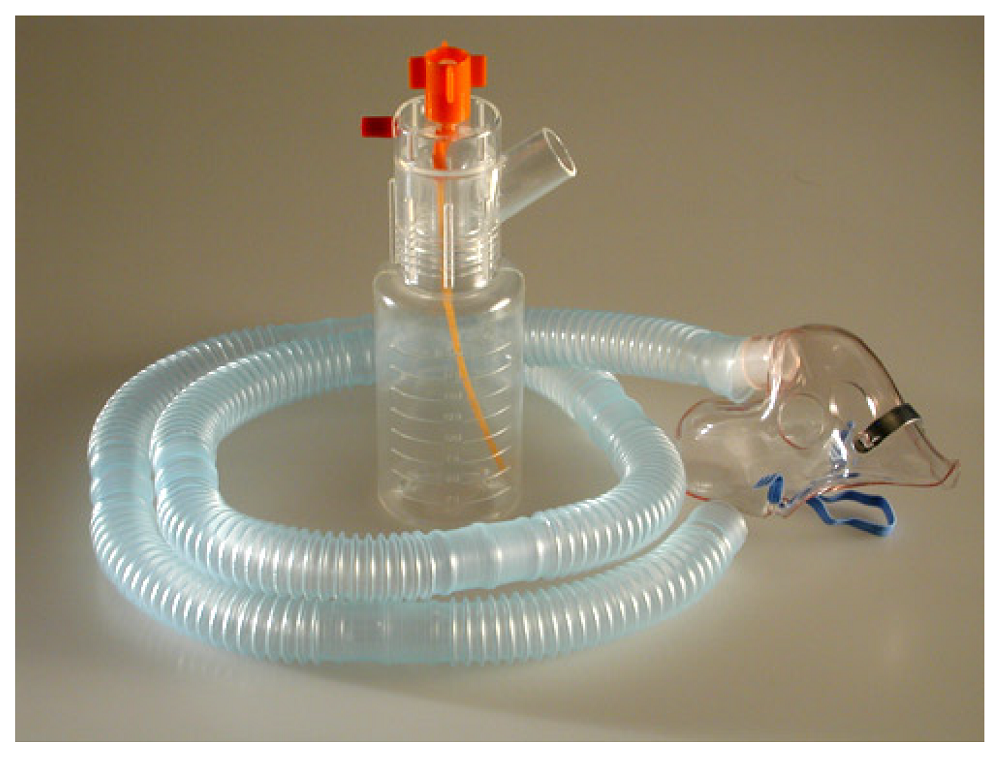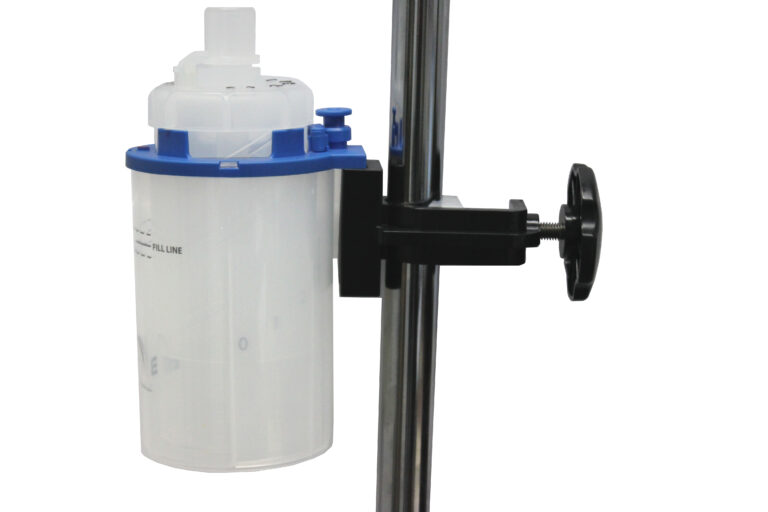Respiratory diseases are a significant health burden globally, affecting millions of people from infants to the elderly. Traditional nebulizer treatments have been a cornerstone in managing respiratory conditions, but they come with limitations in both efficiency and efficacy. Enter continuous nebulizers, a game-changing technology designed to provide uninterrupted, consistent treatment for respiratory ailments. This blog delves into how continuous nebulizers are enhancing respiratory care by offering patients a more effective and user-friendly option.
What Are Continuous Nebulizers?
Continuous nebulizers are advanced medical devices designed to deliver aerosolized medication continuously to patients with respiratory diseases such as asthma, chronic obstructive pulmonary disease (COPD), and cystic fibrosis. Unlike standard nebulizers that require frequent refills and can deliver inconsistent doses during a treatment session, continuous nebulizers provide a steady flow of medication over extended periods, ensuring that patients receive a consistent dosage.
Key Benefits of Continuous Nebulizers
- Uninterrupted Medication Delivery
One of the primary advantages of using a continuous nebulizer is the ability to deliver medication without interruption. This is particularly beneficial for patients experiencing severe respiratory distress who require immediate and sustained delivery of medication to alleviate their symptoms.
- Increased Efficacy
Continuous nebulizers enhance the overall efficacy of nebulized therapy. By maintaining a constant mist of medication, these devices ensure more consistent drug absorption in the lungs, leading to better management of respiratory symptoms and potentially faster recovery times.
- Enhanced Patient Comfort and Compliance
The convenience of continuous nebulizers can significantly improve patient comfort and compliance, especially for those who need frequent nebulization. The ability to receive medication without the need to constantly reload the device or adjust settings means that patients can relax, sleep, or engage in light activities during treatment, improving their overall treatment experience.
Applications of Continuous Nebulizers in Respiratory Care
- Management of Acute Asthma Attacks
During an acute asthma attack, timely and effective medication delivery is crucial. Continuous nebulizers are ideal for such situations as they can deliver a consistent and controlled flow of bronchodilators to open up the airways quickly and effectively.
- Treatment of Chronic Obstructive Pulmonary Disease (COPD)
For COPD patients, managing flare-ups and maintaining open airways are vital for quality of life. Continuous nebulizers can provide ongoing relief from symptoms like wheezing and shortness of breath, making them an excellent tool for routine COPD management.
- Support in Critical Care Settings
In hospital settings, particularly in intensive care units (ICU), continuous nebulizers are invaluable for treating patients with severe respiratory conditions who might not tolerate breaks in treatment. These devices ensure that high-risk patients receive continuous and stable medication dosages, which can be critical for their recovery.
Why Choose Continuous Nebulizers?
The choice of a nebulizer can significantly impact the effectiveness of treatment for respiratory conditions. Continuous nebulizers offer several advantages that make them a superior choice in many clinical scenarios. They reduce the need for frequent monitoring and adjustments, allow for better control of medication dosage, and minimize the physical strain on patients who may already be experiencing significant respiratory distress.
Integration with Other Respiratory Therapies
Continuous nebulizers can be easily integrated with other respiratory therapies, such as supplemental oxygen or mechanical ventilation, enhancing the overall treatment strategy for patients with complex respiratory needs. This integration is crucial in critical care settings where patients may require multiple simultaneous treatments.
Conclusion
Continuous nebulizers represent a significant advancement in the field of respiratory care. By providing uninterrupted, consistent medication delivery, they enhance the management of various respiratory conditions, improving patient outcomes and quality of life. These devices are particularly useful in settings where patients require constant nebulization and where ease of use and treatment efficacy are critical.
For healthcare providers, adopting continuous nebulizers means they can offer more effective treatment options with potentially fewer complications and better patient satisfaction. As technology in respiratory care continues to evolve, the role of continuous nebulizers is expected to expand, becoming a standard part of respiratory therapy in both acute and chronic care settings.
Patients and healthcare providers alike can benefit greatly from the enhanced respiratory care that continuous nebulizers provide, making them a valuable tool in the fight against respiratory diseases. With their ability to deliver continuous medication, these nebulizers ensure that patients receive the best possible care, anytime and anywhere.


